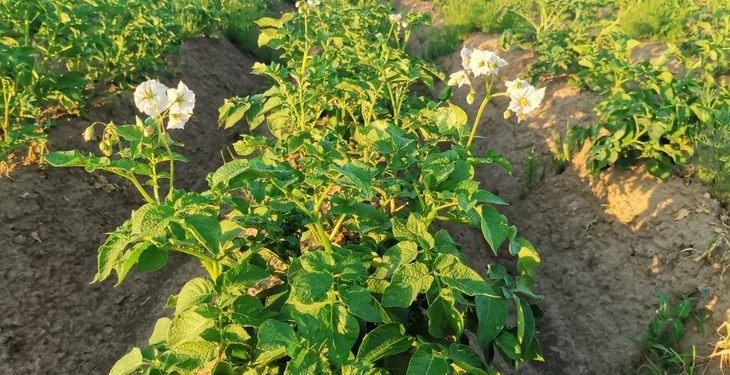In July of this year, the Office of the Rosselkhoznadzor for the Chuvash Republic and the Ulyanovsk Region, as part of the implementation of federal state control (supervision) in the field of safe handling of pesticides and agrochemicals, controlled the import into the territory of the Chuvash Republic of three batches of mineral fertilizers “Folikea”, “Kristalon brown”, “Kristalon special” with a total weight of 20.4 tons, received from the Republic of Lithuania (origin – the Netherlands), according to the official website of the department.
To confirm the compliance of agrochemicals with the requirements of the current registration certificates of state registration, specialists of the Rosselkhoznadzor Department from the parties “Folikea”, “Crystal Brown”, “Crystal Special” took samples and sent them to the Chuvash branch of the Federal State Budgetary Institution TsNMVL for laboratory testing free of charge as part of the state task when imported into the territory of the Russian Federation.
On July 25, 2022, the Rosselkhoznadzor Department received the results of the studies that confirmed the compliance of imported agrochemicals with the requirements of the current state registration certificates. The batches of imported mineral fertilizers proceeded to the address of the consignee.
In total, since the beginning of the year, 22 tons of imported agrochemicals have been imported into the territory of the Chuvash Republic under the control of Rosselkhoznadzor.
The mentioned liquid foliar and root fertilizers are manufactured by Yara, explaining the main reasons for switching to liquid fertilizers as follows.
Liquid fertilizers have increased application efficiency: liquid fertilizer systems are able to achieve extremely high productivity – maximum working width with fewer passes at higher ground speeds, as well as quick fertilizer handling and tank filling, which reduces downtime. The handling and application of liquid fertilizers is often done by one person.
Switching to liquid fertilizers is often dictated by cost savings on the farm, as one machine replaces two, there is no need for handling equipment, and storage requirements are reduced.
Liquid fertilizers are precisely delivered to the crop at the right time, they are homogeneous and do not need to be recalibrated when changing varieties.






